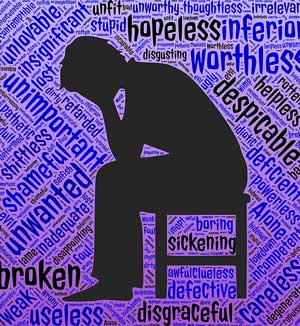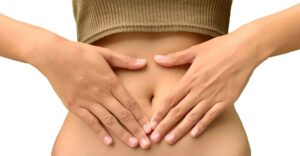DIET
Poor diet is currently the number 1 cause of early death in men and number 2 in women; more than under nutrition.
Modern changes in food production have made our diet extremely unhealthy. Contributing to and increase in diseases, autoimmune disorders and food allergies.
Studies have shown that what we eat affects brain plasticity, specifically the area of the brain that is responsible for learning, memory and mental health.
Depression and anxiety have multiple causes; some of them we know now can be changed. Consider that 80% of our health is in our hands only 20% is genetic.
Diet and exercise are modifiable factors for anxiety and depression; as well as for other diseases.
Changing the way we eat can improve symptoms of depression.
| The Mediterranean diet is especially beneficial. Try incorporating these foods. Fiber. Vegetables, legumes and nuts and seeds are good sources of fiber that when broken down by bacteria in our gut influence our genes and all the cells in our body. Protein. Three or four handfuls of unprocessed meat or fish a week can decrease the chances of developing depression, anxiety and bipolar disorder Whole grains. Oats, barley, brown rice are anti-inflammatory and give us a sense of fullness. |
Our plate ideally should be ½ vegetables, ¼ grains, ¼ protein plus olive oil.
Related facts
- Women that have a low intake of protein are twice as likely to develop depressive disorder.
- Consuming a high plant diet with a diversity of colorful fruit and vegetables is connected with longevity. The more diverse our food the more diverse our gut bacteria and better health.
- Mental illness starts before age 14. The intestinal flora in early life plays an important role in developing the immune system and the brain.
- The metabolic state of the parents at conception seems to be clearly linked to cognition and other developmental outcomes in children.
- Currently in the US 58% of calories consumed come from processed foods and 60% of children alive today will be overweight by the time they are 35.
The food environment we live in makes it difficult to make healthful choices. The manufacturers of industrial products have big marketing campaigns, plus their foods are easily available and addictive. Fat and sugar interact with the reward system in the brain.
When making changes to our diet it’s important not to become obsessed, trust that you can make healthy choices. It is not more expensive to eat healthy.
Try avoiding ultra processed food, sugar and additives they damage the lining of the gut.
What we eat matters to our mental health; it doesn’t need to be complicated.
References
Professor Felice Jacka. https://foodandmoodcentre.com.au/team/
Dr. Chatterjee Feel Better Live More podcast. Click to open.
Ursula Schmidt, LAc





